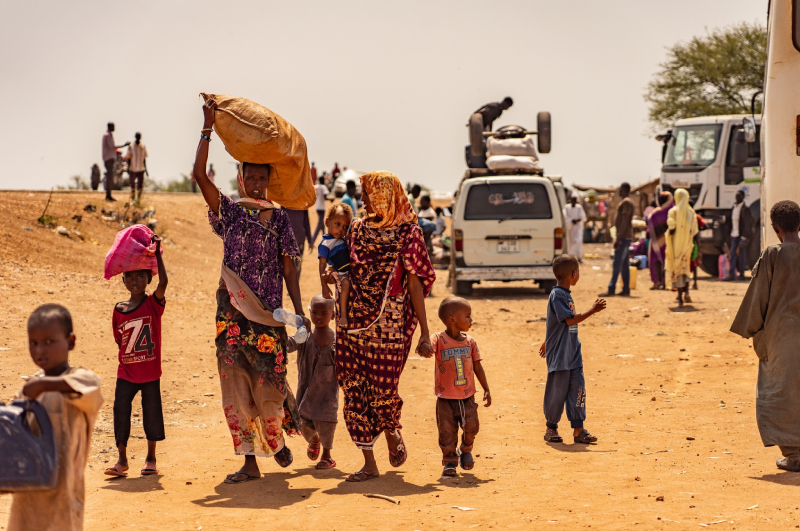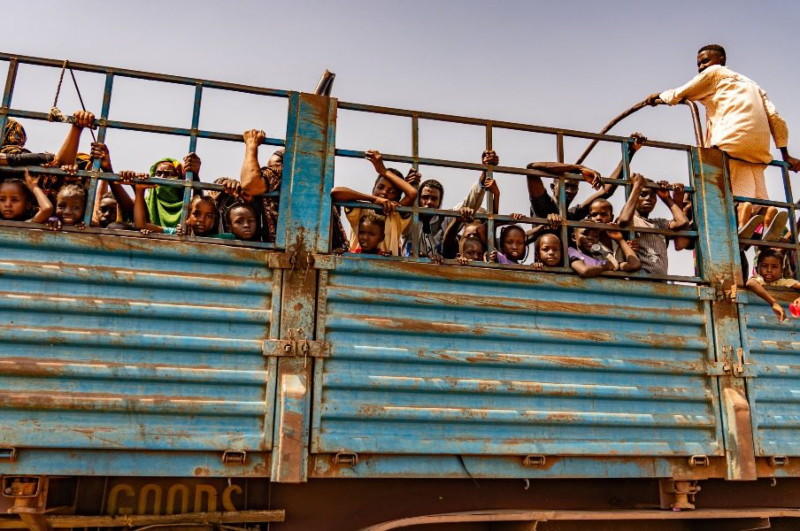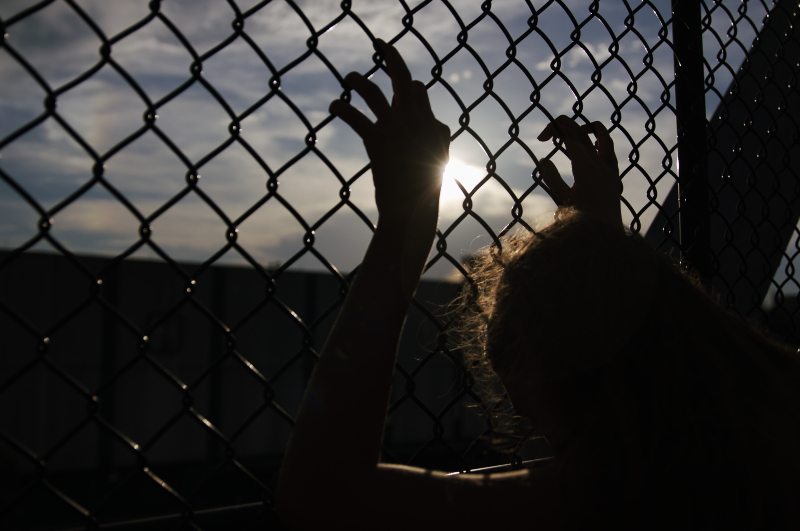

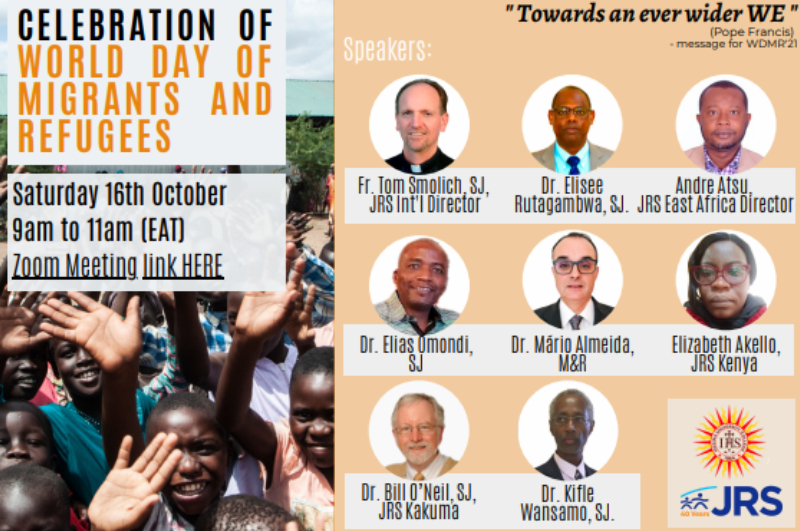

The tragic deaths of many families attempting to cross the Atlantic Ocean into Europe are a stark reminder of the consequences that conflict inflict on people, and the dangerous lengths people go to, in pursuit of safety for themselves and their families, especially when there are no safe and legal means to seek protection in their home countries.
In a report (MAPPING REFUGEE RECEPTION IN THE MEDITERRANEAN) published at Middlesex University London led by Professor Brad Blitz, the majority of people risking their lives and those of their families in order to cross into Europe by sea, are fleeing from war, famine, persecution, while less than a fifth are economic migrants. More than 80% of an estimated 1,008,616 arrivals in 2015 came from refugee-producing countries including Syria, Afghanistan and Iraq, and a quarter of that number were children. Researchers say the findings challenge the myth that migrants are coming to Europe for economic reasons.
According to UNHCR report of 2017, 31 people are newly displaced every minute of the day. Let us pause for a moment at look at the global trend on migration briefly. According to the Global Trends Report which is published every year to analyse the changes in UNHCR’s populations of concern and deepen public understanding of ongoing crises, the population of the forcibly displaced globally increased in 2017 by 2.9 million. By the end of the same year, 68.5 million people were forcibly displaced worldwide because of conflict, persecution, or generalised violence, as a result, the population of the world’s forcibly displaced remained at record high yet again. In 2017, the number of people forcibly displaced from their homes worldwide came at a record rate of 44,400 every day. Fuelled in large part by new crises in the Democratic Republic of Congo (DRC) and Myanmar, as well as the ongoing conflict in Syria, this population swelled by a net 2.9 million last year, raising the cumulative total to 68.5 million at the year’s end. It means the world’s forcibly displaced population has now overtaken that of the United Kingdom and reached another record high. Among these numbers are unaccompanied or separated children.
Although often used interchangeably by the general public, there are crucial distinctions between the terms “refugee” and “migrant”. According to the United Nations Department of Economic and Social Affairs, refugees are persons who are outside their country of origin for reasons of feared persecution, conflict, generalized violence, or other circumstances that have seriously disturbed public order and, as a result, require international protection. While though there is no formal legal definition of an international migrant, most experts agree that an international migrant is someone who changes his or her country of usual residence, irrespective of the reason for migration or legal status. Generally, a distinction is made between short-term or temporary migration, covering movements with a duration between three and 12 months, and long-term or permanent migration, referring to a change of country of residence for a duration of one year or more.
As we start a new year, we look back to the Jesuits’ commitment to accompanying refugees and migrants across the globe in 2021.
E-Conference on World Day of Migrants and Refugees (WDMR)
On October 16, 2021 an international conference to celebrate the World Day of Migrants and Refugees 2021 was held online, bringing together Jesuits, laypersons and Partners in Mission. The virtual conference was a response to the Holy Father’s message for the World Day released on May 3, 2021, themed: “Towards an ever wider ‘we’,” indicating a clear horizon for our common journey in the world. This message came ahead of the 107th World Day of Migrants and Refugees celebrated by the Church on the last Sunday of September annually. In 2021 it was commemorated on 26 September. Pope Francis in the Encyclical Fratelli tutti, expresses a concern and a hope that once this health crisis passes, “we will think no longer in terms of ‘them’ and ‘those’, but only ‘us’.” In his 2021 Message for the World Day of Migrants and Refugees, the Pope highlights the importance of fraternity and inclusiveness. “No matter where you are and why you are there, every baptized person is a full member of the local Church community, a member of the one Church, an inhabitant of a single home, part of one single family,” said the Pope. For this reason, said the Pope, “I have wished to devote the Message for this year’s World Day of Migrants and Refugees to the theme, Towards An Ever Wider “We”, in order to indicate a clear horizon for our common journey in this world.”
In his welcome message of the opening of the conference, the Dean of HIPSIR Fr. Elisee Rutagambwa, SJ, invited Dr. Mario Almeida, the Keynote speaker from the Dicastery of Integral Development of the Vatican, in Rome, the International Director of JRS, Tom Smolich, Prof. Bill O’Neil, JRS East African Regional Director, Mr. Andre Atsu, and the entire JRS and Hekima University College family to join the world in showing solidarity with vulnerable people on the move. In his opening remarks he emphasized HIPSIR’s commitment to providing instruction and expertise in peace building and International Relations at a high-quality tertiary education level for almost two decades. “Rooted and faithful to our dual Ignatian and Church traditions, we have never got tired feeling concerned about all matters related to integral human, social, cultural, and spiritual development in society. Today, more than ever before, the plight of Migrants and Refugees is a wakeup call that resonates at the heart of that mission. To celebrate Migrants and Refugees is not only an occasion to raise awareness and express our preoccupation and sympathy with millions of children, women, and men driven from their homes and thrown to uncertain journeys, but it is also a reminder of the core of our mission and an impetus to a pressing action,” said Fr. Rutagambwa. Read his full address {HERE}
The keynote speaker Dr. Mario Almeida from the Dicastery of Integral Development of the Vatican, in Rome, echoed Pope Francis’s message in “We”. See full message {2021.10.16 MA - JRS Kenya & HIPSIR E-Conference on World Day of Migrants and Refugees}
Read also the messages from the International Director of JRS, Fr. Tom Smolich, SJ {Fr. Tom, JRS, Hekima E-conference WDMR} and Prof. Bill O’Neil {Here}
Related Articles

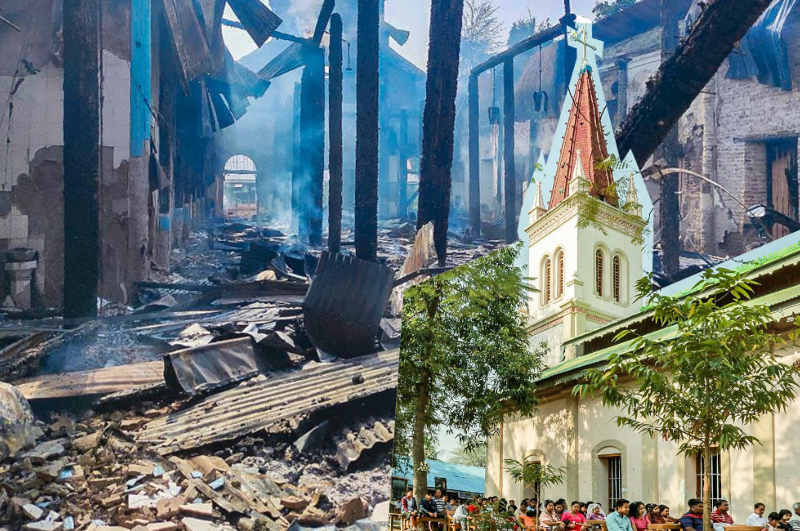


Select Payment Method
Pay by bank transfer
If you wish to make a donation by direct bank transfer please contact Fr Paul Hamill SJ treasurer@jesuits.africa. Fr Paul will get in touch with you about the best method of transfer for you and share account details with you. Donations can be one-off gifts or of any frequency; for example, you might wish to become a regular monthly donor of small amounts; that sort of reliable income can allow for very welcome forward planning in the development of the Society’s works in Africa and Madagascar.
Often it is easier to send a donation to an office within your own country and Fr Paul can advise on how that might be done. In some countries this kind of giving can also be recognised for tax relief and the necessary receipts will be issued.


